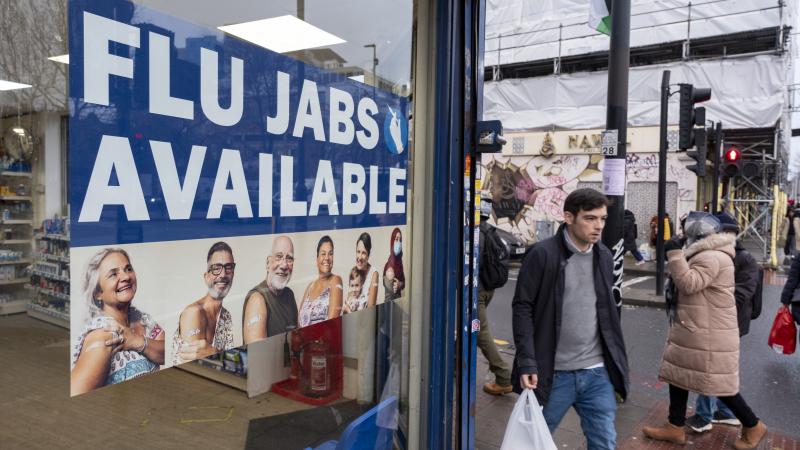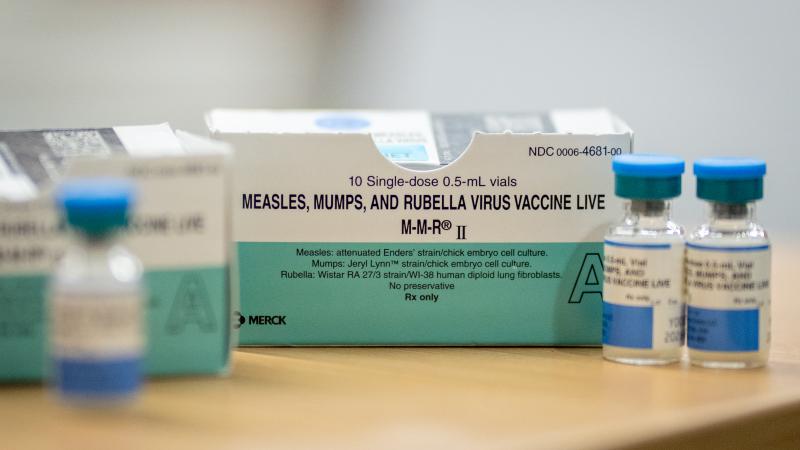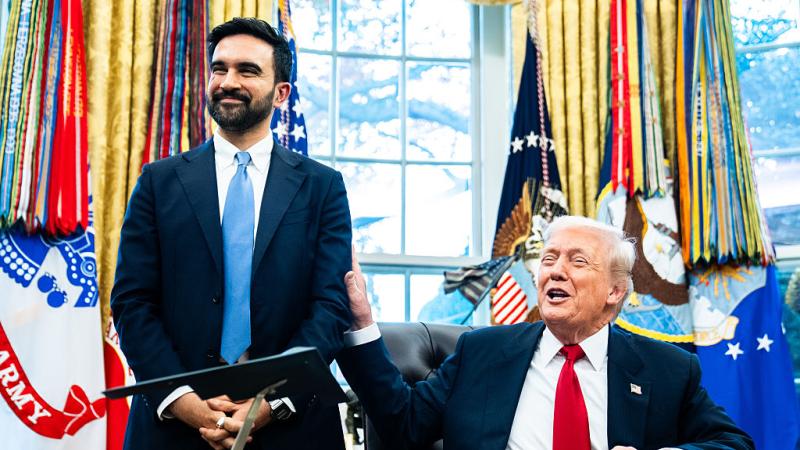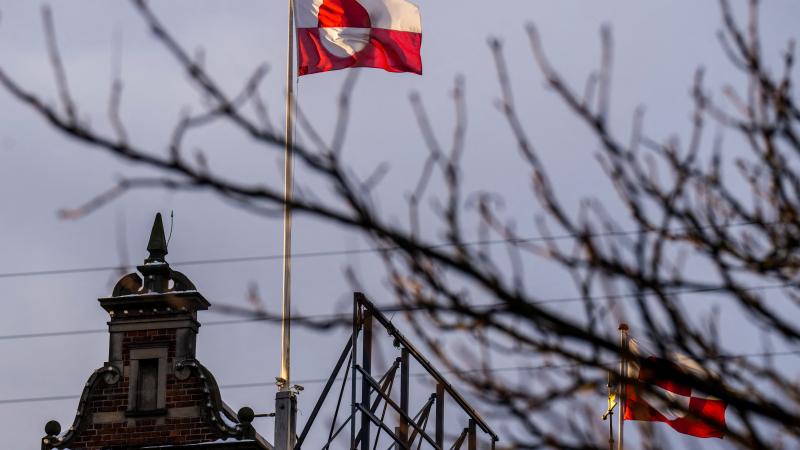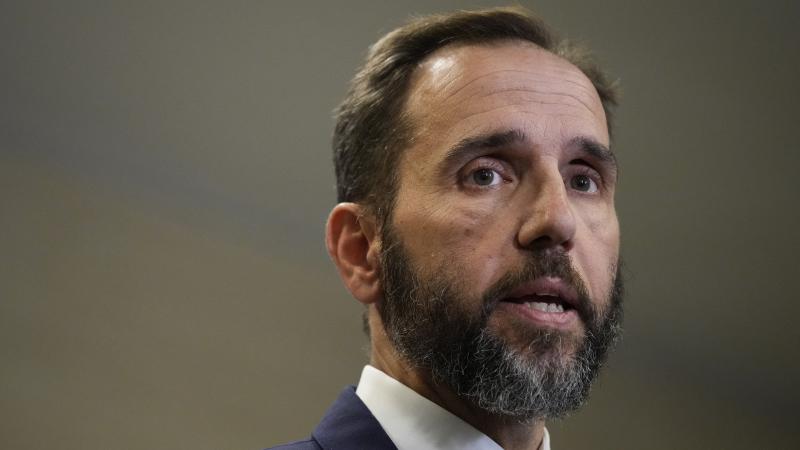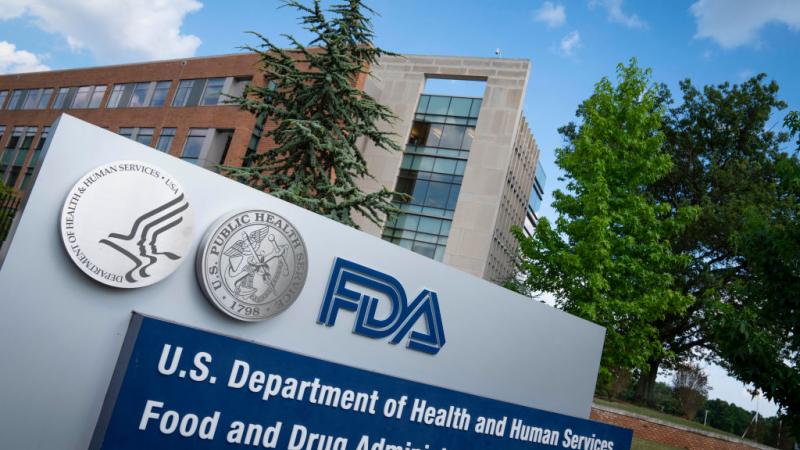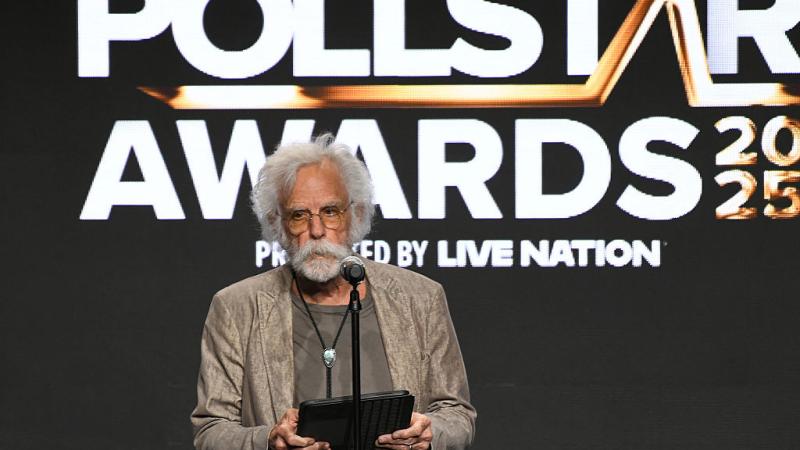Poll: Majority of Americans plan to gather for Christmas despite COVID-19 spike
Over a third of the people surveyed said they believe socializing is worth the risk.
Even with a spike in positive tests for COVID-19, a majority of Americans still plan to gather for the holidays.
In a poll by Cinch Home Services, 60.1% of the 1,040 people surveyed said they still plan to attend a holiday gathering this year. Just 26.1% said they won’t be socializing at all over the holidays.
“The COVID-19 pandemic has given people a lot of things to be concerned about, especially when it comes to socializing. Varying opinions on appropriate precautions to take and anxiety around infection have made gathering together a lot more tense than it used to be,” the report authors note.
“However, a majority of people said they still intended to see loved ones, particularly as the holidays draw near. Plus, many people reported taking a variety of precautions and agreed on the appropriateness of rules like social distancing and keeping gatherings outdoors when possible.”
Still, the poll, conducted in November, found that 68% of those surveyed said they are either “somewhat” or “very” nervous about social gatherings over the holiday season.
New COVID-19 infections are rising by at least 18% over the past two weeks, The New York Times reported. Yet many said seeing family and friends is "worth the risk."
"Over a third of the people surveyed said they believe socializing is worth the risk of someone contracting COVID-19. After months of limited contact with loved ones, it’s understandable that some might be eager to see loved ones. There have been concerns throughout the pandemic about the effects of isolation and loneliness on specific populations, particularly the elderly," the survey authors wrote.
The Centers for Disease Control and Prevention (CDC) on Saturday issued new guidelines and the Food and Drug Administration (FDA) launched an investigation after a half dozen early patients suffered severe allergic reactions after getting the COVID-19 vaccine.
The CDC said those who suffered a severe allergic reaction known as anaphylaxis – which required hospitalization or an EpiPen treatment --after the first dose of the vaccine should not get the second shot. And it said people who have had severe allergic reactions to a component in a COVID-19 vaccine should not get that specific vaccine. There are currently two approved vaccines, one from Pfizer and the other from Moderna.
Among the guidelines:
- All people who get a COVID-19 vaccine should be monitored on-site. People with a history of severe allergic reactions should be monitored for 30 minutes after getting the vaccine. All other people should be monitored for 15 minutes after getting the vaccine.
- Vaccination providers should have appropriate medications and equipment—such as epinephrine, antihistamines, stethoscopes, blood pressure cuffs, and timing devices to check your pulse—at all COVID-19 vaccination sites.
- If you experience a severe allergic reaction after getting a COVID-19 vaccine, vaccination providers should provide rapid care and call for emergency medical services. You should continue to be monitored in a medical facility for at least several hours.

